Spring is the time to give yourself a head-to-toe MOT, harness the wonderful powers of nature and enjoy optimal health, inside and out.
Clinical nutritionist Suzie Sawyer shares her top tips for five health areas where we may need a little support.
Vitamin C: for hair, skin and nails

One of nature’s true powerhouses, vitamin C is key to glowing and wrinkle-free skin. It is one of our foremost antioxidants, protecting skin from free radical damage. It is also needed for the production of collagen, our most abundant structural protein in the skin, helping to keep it hydrated, smooth and youthful.
Likewise, keratin, another type of structural protein is especially abundant in nails, keeping them strong and healthy. It also utilises vitamin C to form ketatinocytes.
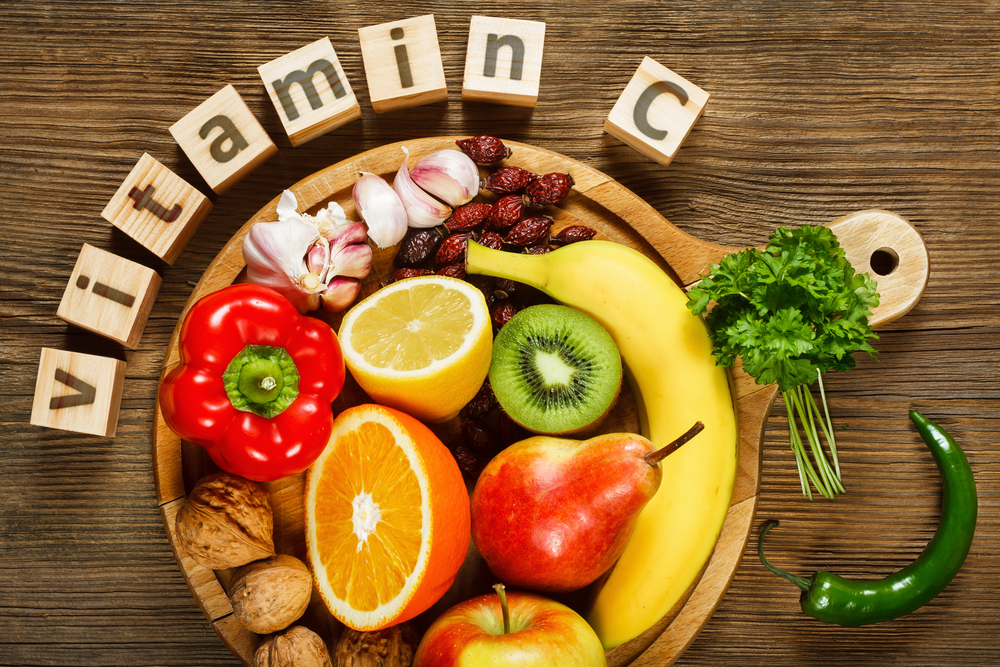
Vitamin C is quickly excreted from the body and is lost during food storage, cooking and processing so must be eaten every day. The secret to boosting vitamin C is adopting a diet rich in colour. Colourful fruits and veggies are loaded with vitamin C; check out the colour on your plate at each mealtime; colour equals nutrients.
Vitamin D: to support immunity
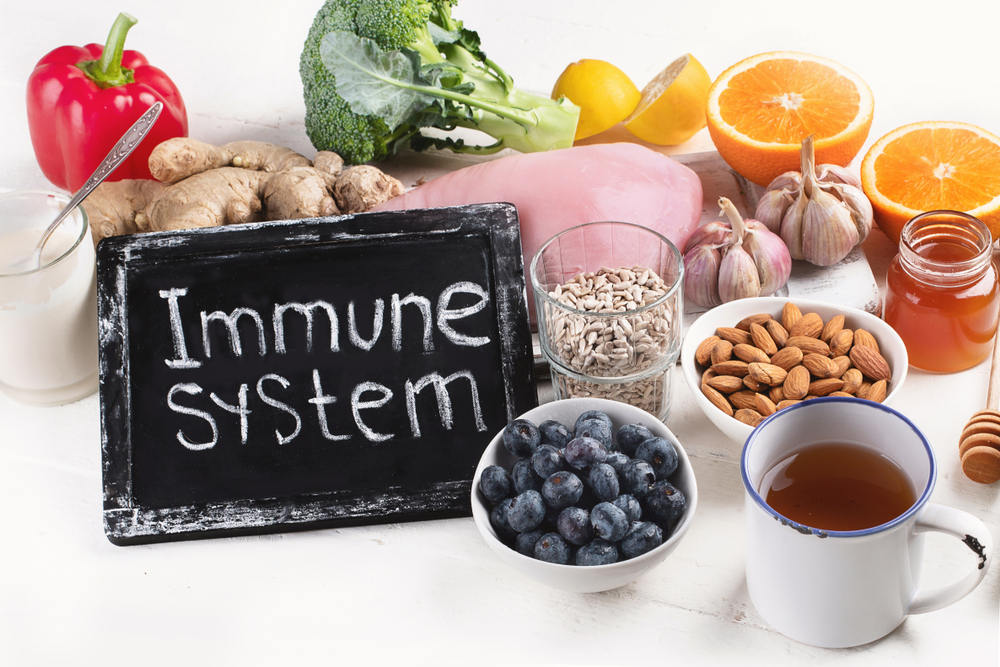
Notwithstanding the COVID pandemic, it’s the time of year when many suffer upper respiratory tract infections. If you’ve had one, you’ll know it’s miserable. Known as ‘the sunshine vitamin’, vitamin D is essential for a healthy immune system and may protect us from nasty infections, especially during the winter months. Make sure you’re taking a vitamin D supplement containing a minimum of 10 micrograms daily.
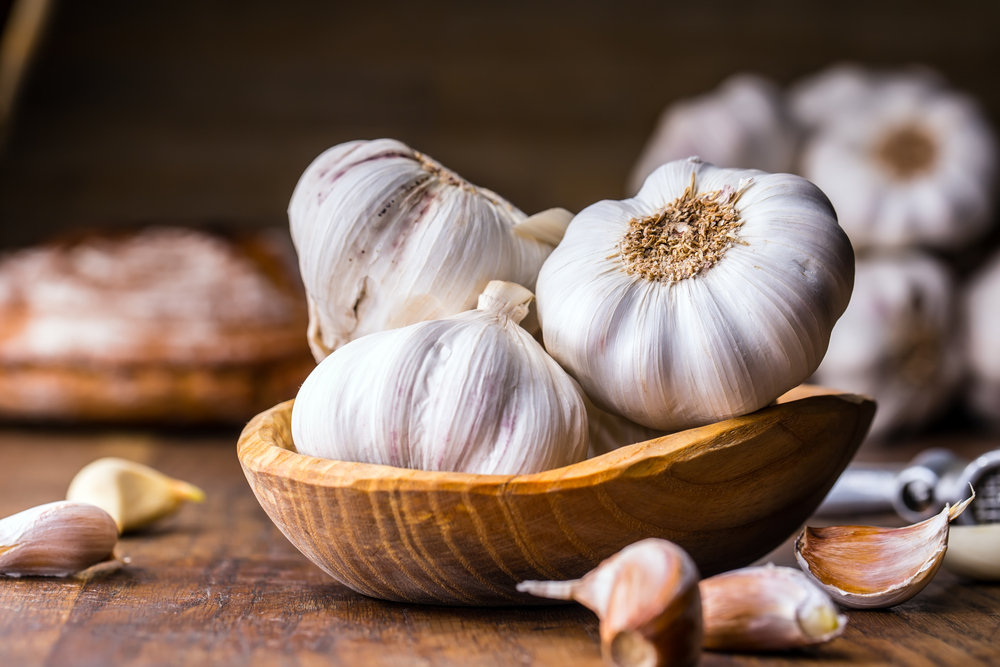
Garlic also has wonderful antiviral and antibacterial qualities. Blow your germs away with a daily garlic, lemon and honey warm drink.
Probiotics: to support digestion
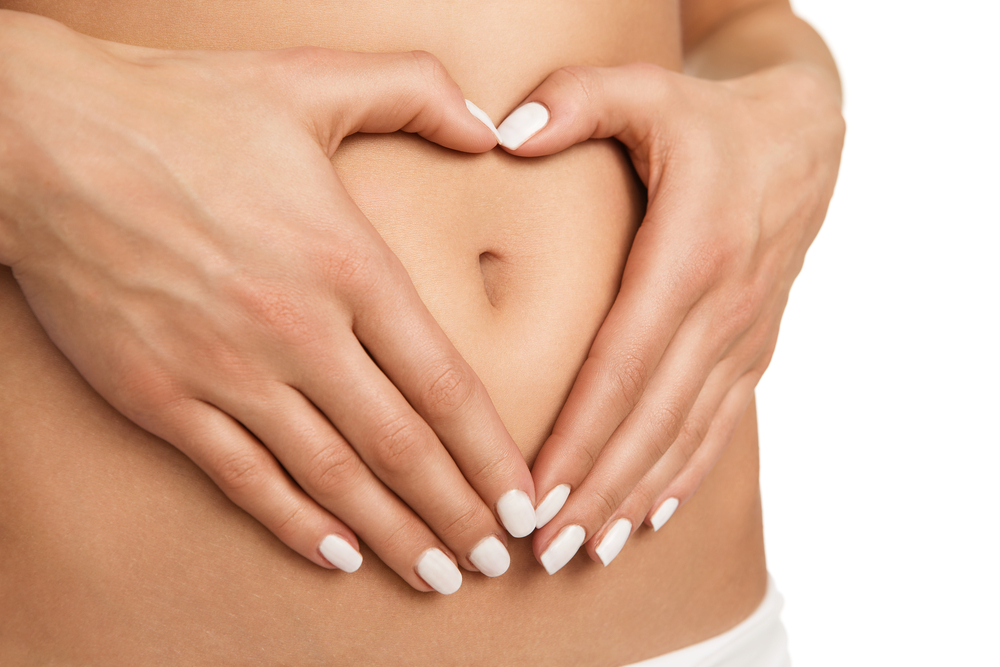
The gut is filled with probiotics – microorganisms introduced into the body for their beneficial effect. Also known as the gut microbiome, this plays an essential role in how well the digestive system functions. It’s important to feed these guys with fermented foods including kefir, tempeh, natto, kombucha, miso and kimchi. In turn, this will help good liver function, especially in breaking down ‘old’ hormones, leading to better hormone balance.
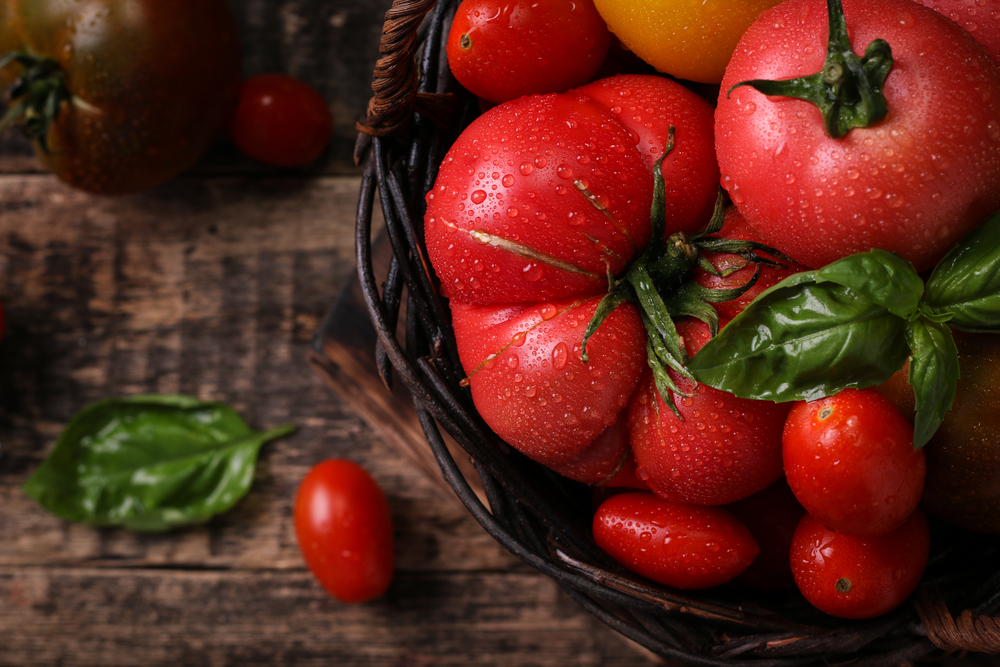
Flavonoid-rich foods which are great for liver health include onions, tomatoes, black and green tea, walnuts, blackberries, rosemary and apples.
Adaptogens: to help destress and balance mood

When talking about hormones, we often just think about male and female sex hormones, forgetting insulin (needed for blood sugar balance), adrenal hormones (essential for the stress response) and melatonin (our key sleep hormone). In fact, you can’t separate one hormone from another because they are all interlinked and need to work in balance.
For example, if you’re struggling with PMS, this is often related to blood sugar issues, as well as imbalances with oestrogen and progesterone. Similarly, if you can’t sleep this may be a blood sugar issue as well as high cortisol levels.
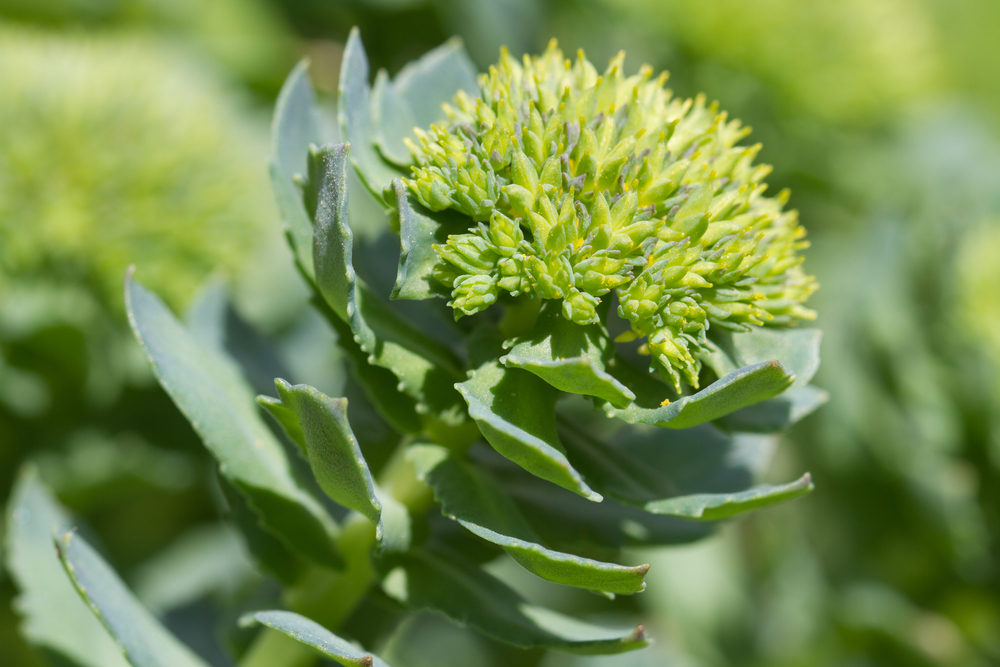
However, nature has the answer with some amazing herbs. Stress levels during lockdown are understandably high and some people may be heading for a meltdown. The adaptogenic herb, rhodiola, can help reduce symptoms of stress, increase energy levels and help prevent burnout.
Feverfew: to help reduce the impact of migraines

Headaches and specifically migraines are debilitating and, stats from the Migraine Trust show over 190,000 migraine attacks occur every day in the UK. Frustratingly, there can be several triggers for migraine, but sometimes they’re caused by foods containing amines such as cured meats, smoked fish, certain cheeses and yeast extracts. Migraines are also often linked to monthly hormonal changes.

The good news is that the herb feverfew contains a wealth of anti-inflammatory compounds and many other parthenolides. These may help reduce blood vessel constriction as well as acting on the brain’s serotonin system in a similar way to medications used to treat migraine.
























Add comment